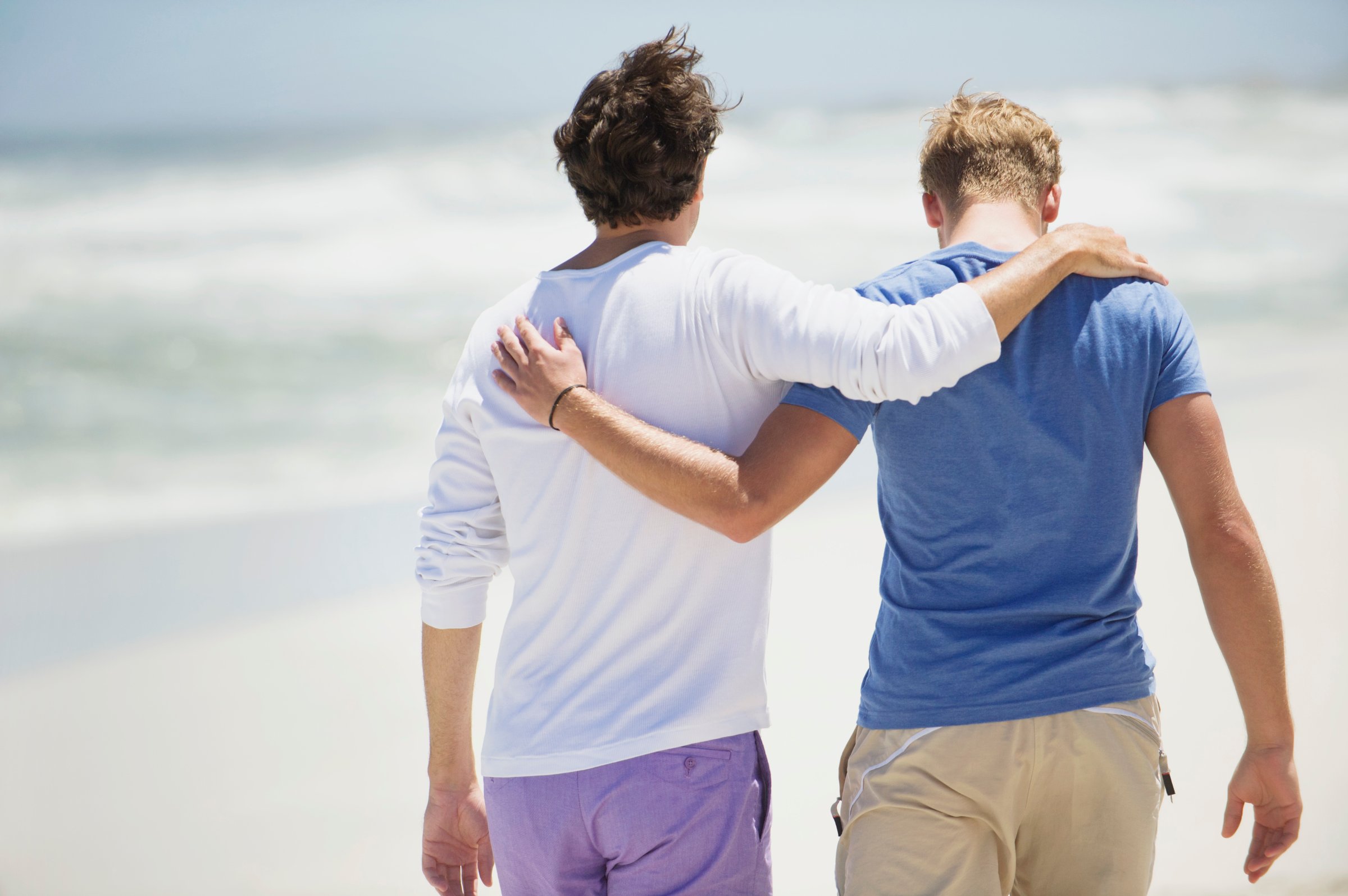
About 10 years ago I saw John Waters give a lecture, and he said (and I’m paraphrasing here, because it was a long time ago), “Back when I was young the best thing about being gay was that you didn’t have to get married, have kids, or serve in the military. Now we’re fighting for all three.” It was a great joke that really resonated with me. The man who committed drag queen Divine doing unspeakable acts to film certainly didn’t want the normal existence of the white picket fence, even if the Subaru in the garage had a rainbow flag.
Much has changed in 10 years, and gay Americans have won rights in many states (but not all, so don’t get complacent). Now the fight is about something different: It’s a fight between letting being gay define a person or be just one more fact about them. It’s between celebration and assimilation. It’s between being bohemian or being boring.
Noted gay artist David Hockney recently told the Guardian that too many gay men now are “boring” because they want to live “conservative” lives. “They want to be ordinary–they want to fit in. Well I don’t care about that. I don’t care about fitting in.” He also said that San Francisco is “a very boring city now. Where are the Harvey Milks?”
Well, the glib answer is that San Francisco has all the rights that the LGBTQI community could ask for, so it doesn’t need as many people championing for our civil rights like Milk did. Some of this could be chalked up to a 77-year-old man griping about “kids these days” in the same way that older New Yorkers tell younger ones that Manhattan hasn’t been nearly as exciting as it was in their youth.
But most of what Hockney is saying has to do with the worry that the gay identity is slipping away. J. Bryan Lowder published an amazing essay about just this subject in Slate. “We live in the era dominated by a born-this-way, ‘it’s-a-small-part-of-me’ ethos that minimizes gay difference to sexual attraction,” he writes. “The current dogma among mainstream LGBTQ advocacy organizations and the majority of gay writers and public figures sees gayness as little more than a hazy accident of biology that shouldn’t be legally or socially disadvantaging.”
Lowder is concerned, as is Hockney, that gays are becoming boring and losing that sense of shared touchstones and flamboyant difference that once set them apart from the culture at large and made them cohere as something that was like an ethnicity. As men would come out, their predecessors would teach them about camp, drag, Judy Garland, poppers, and Fire Island. Gay was as much a culture as it was a sexual orientation.
These days, we don’t have that anymore. We no longer see Uncle Arthur prancing about on Bewitched. Instead we see Mitch and Cam on Modern Family, barely different than any of the other adults. Gay kids in many parts of the country are much more accepted as they come out by friends, straight and gay, and don’t need to seek refuge with their own kind. And there’s nothing wrong with that.
Frank Kameny, one of the founders of the gay civil rights movement, told the first gay-rights protestors at the White House that they should all wear suits or dresses so that those in power could see that there was no difference between the picketers and everyday people. It’s a strategy that has worked wonders for acceptance, making gay people blend in, and showing that there is little difference.
Now that the gay community is starting to gain the equality that it has been fighting for, the consequence is that they are just as boring as everyone else. It’s not a defeat; it’s progress. Just like feminism in the ‘70s wasn’t about forcing women out of the house and into the workforce, it was about giving them the choice to live any kind of life they wanted, the gay civil rights movement was about letting gays have the social and legal protection to live any kind of life they want as well.
Gay men can’t be Quentin Crisp, and they all shouldn’t be, either. That also doesn’t mean that we all have to wear polo shirts and khakis and pass as straight when we’re picking up a jumbo pack of diapers at the Target. There is now room for all of us, and that is a beautiful thing.
Like Lowder and Hockney, I much prefer an exciting gay. I love a big queen who is as femme as he (or she, as she probably prefers) wants to be and is pushing the complacency of the middle class with her individuality. I’m a much bigger fan of Johnny Weir, being as fabulous as he wants to be on national television and not apologizing, than Neil Patrick Harris, with his handsome husband, two adorable kids, and the gender-conforming tuxedos he wears when he hosts award shows.
However, I’m happy that I now live in a world where the young queer kids can choose to be either one of those, or neither. Harvey Milk and Frank Kameny and big ol’ fairies like Harry Hay (who founded the Radical Fairies, so it’s not an insult) all fought so that I could live in a world where I get to choose just who I want to be, and so that I can be safe no matter where I am.
Just last week I was explaining to a well-meaning friend at a dinner party why I never intend to get married. Like Waters, I was a little annoyed to even be having that conversation, but boy was I happy that, if I change my mind, the option is there for me (at least in New York).
Silent No More: Early Days in the Fight for Gay Rights
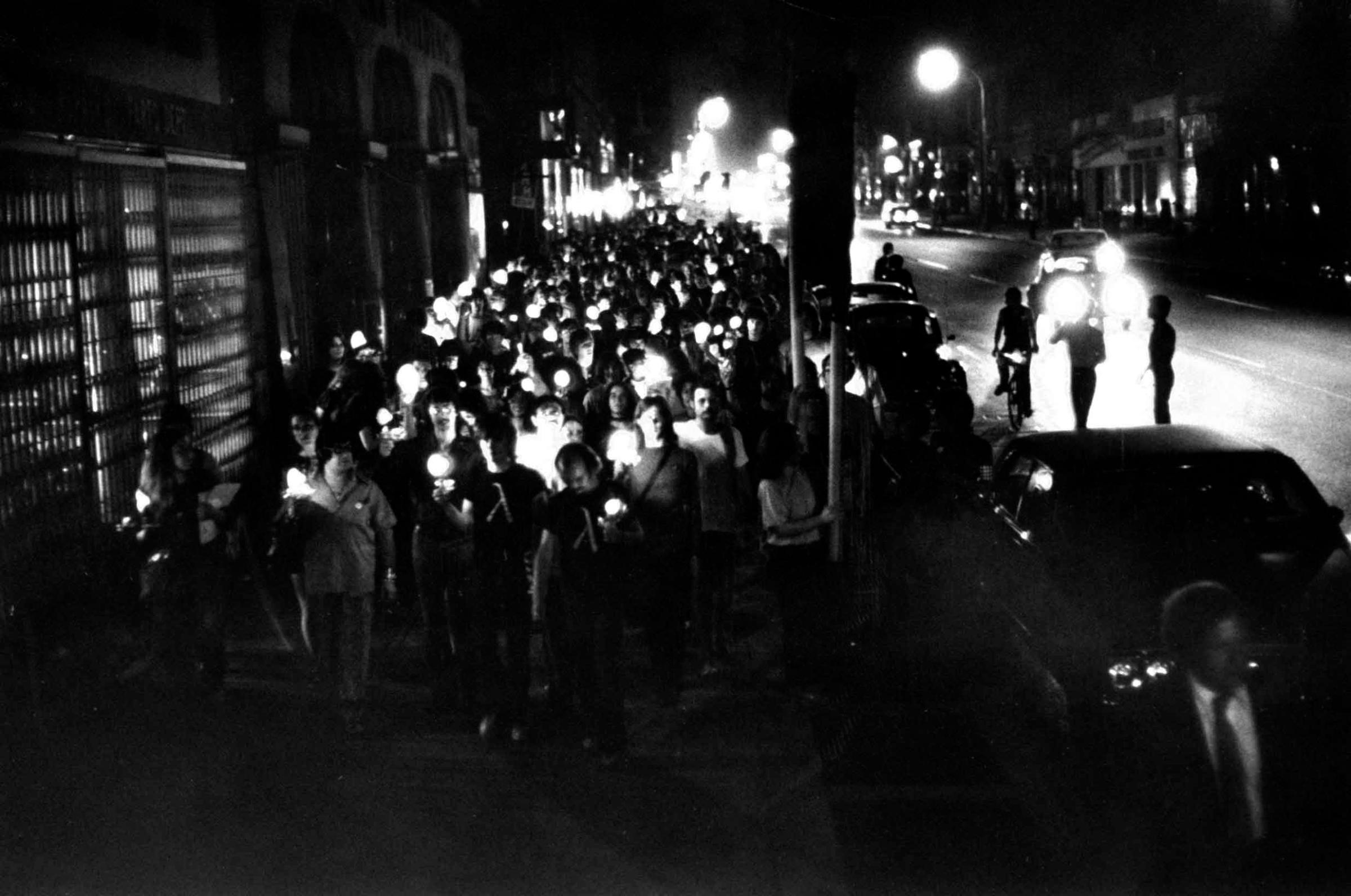
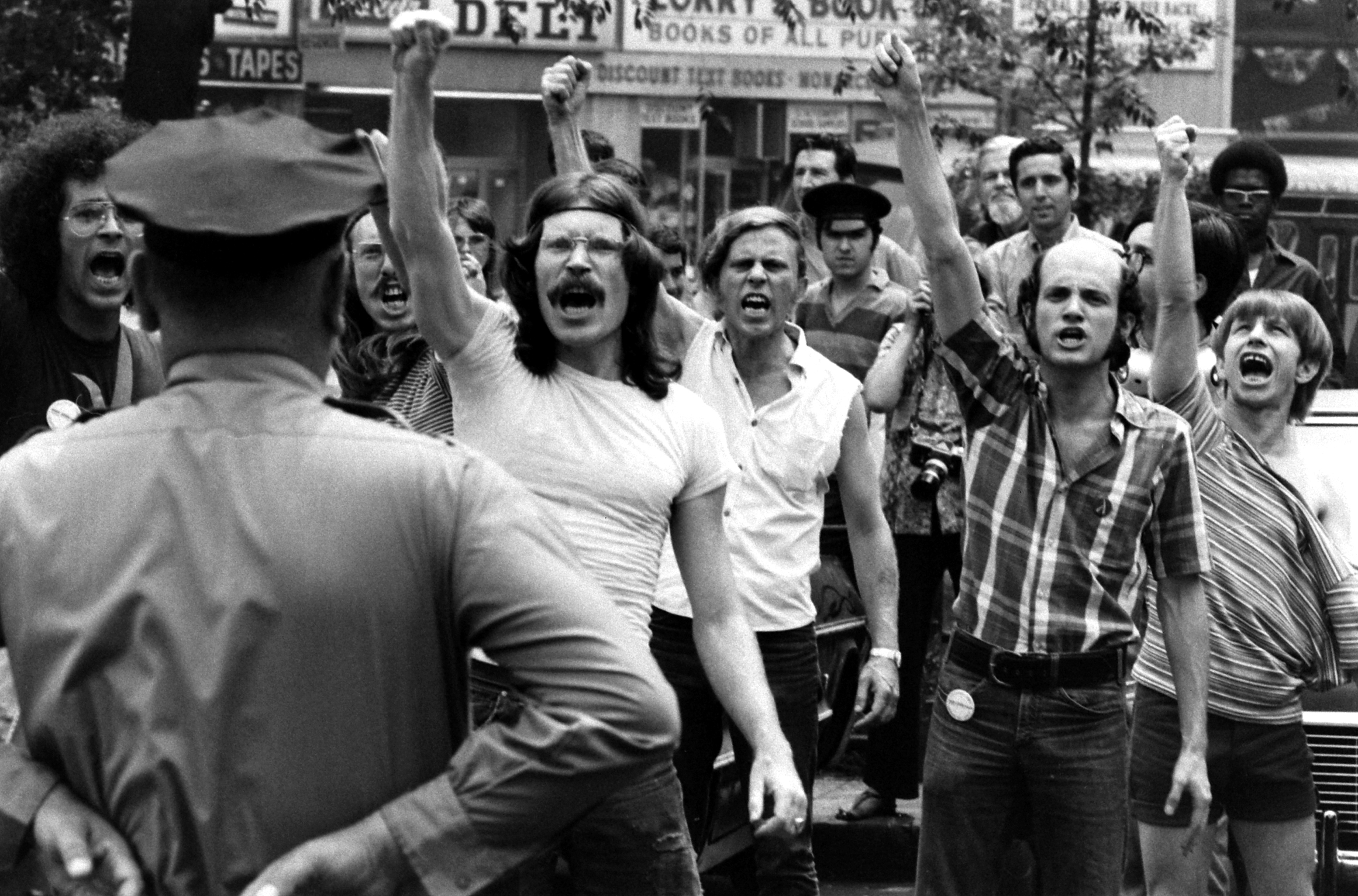
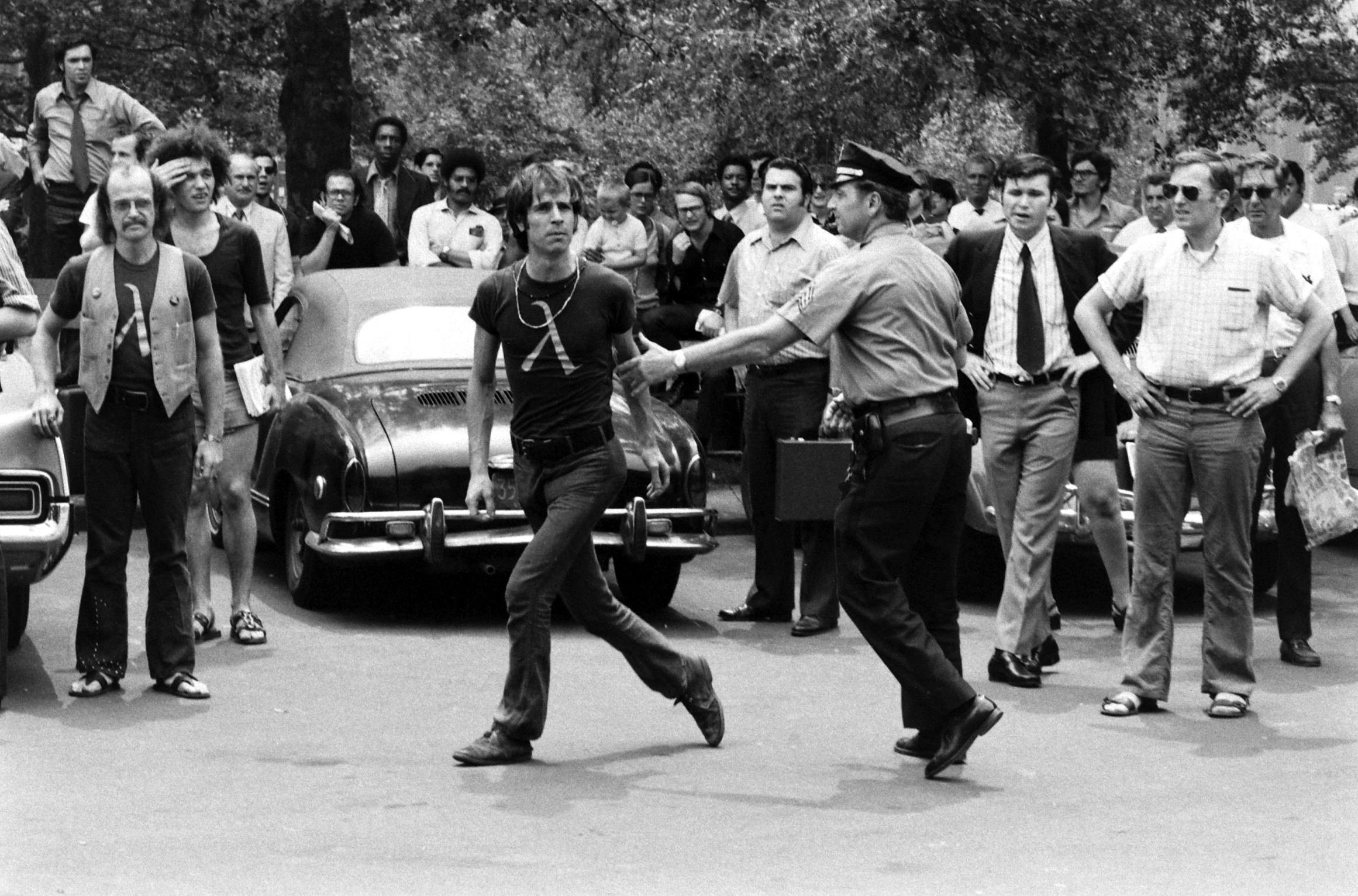
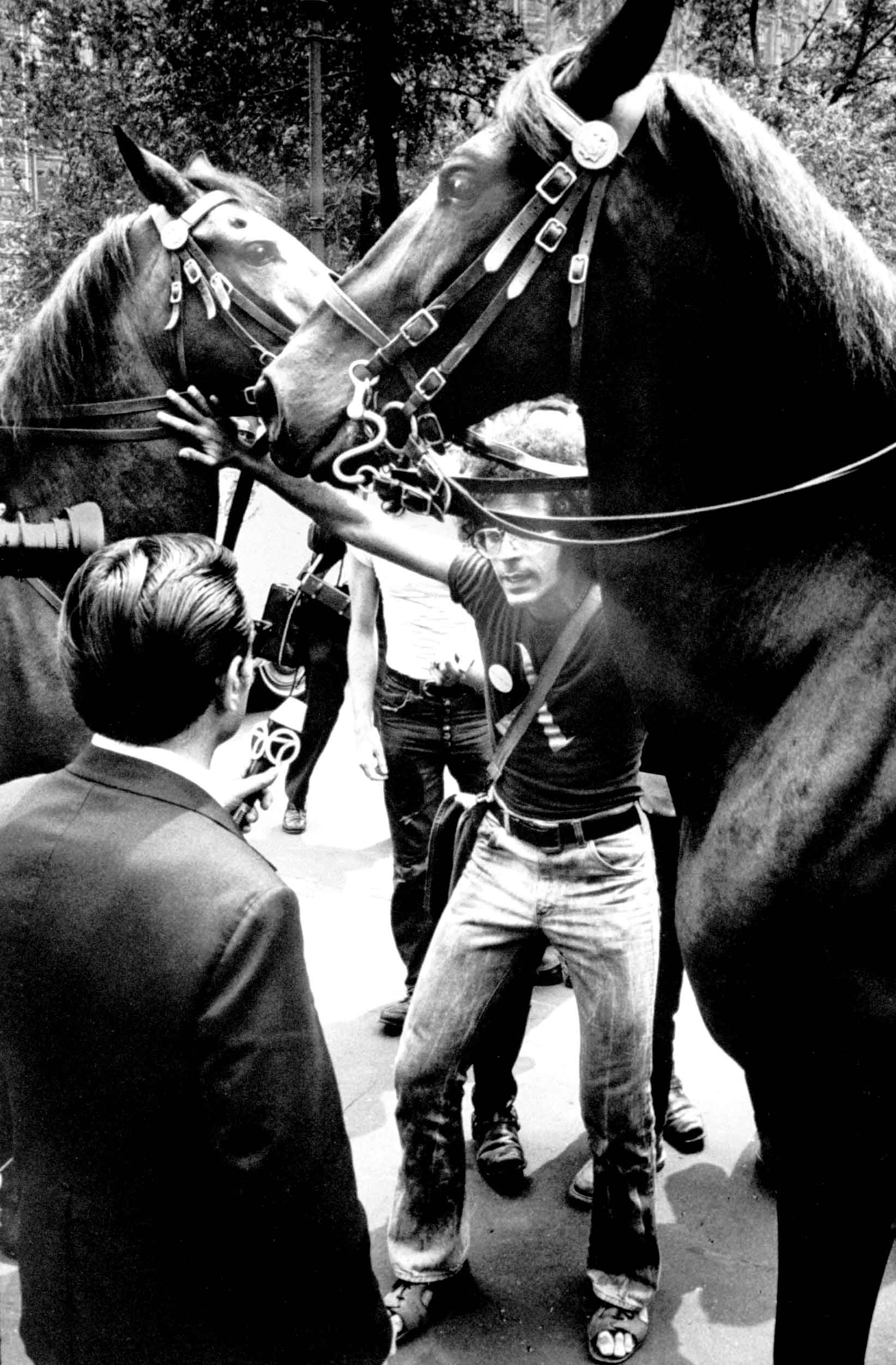
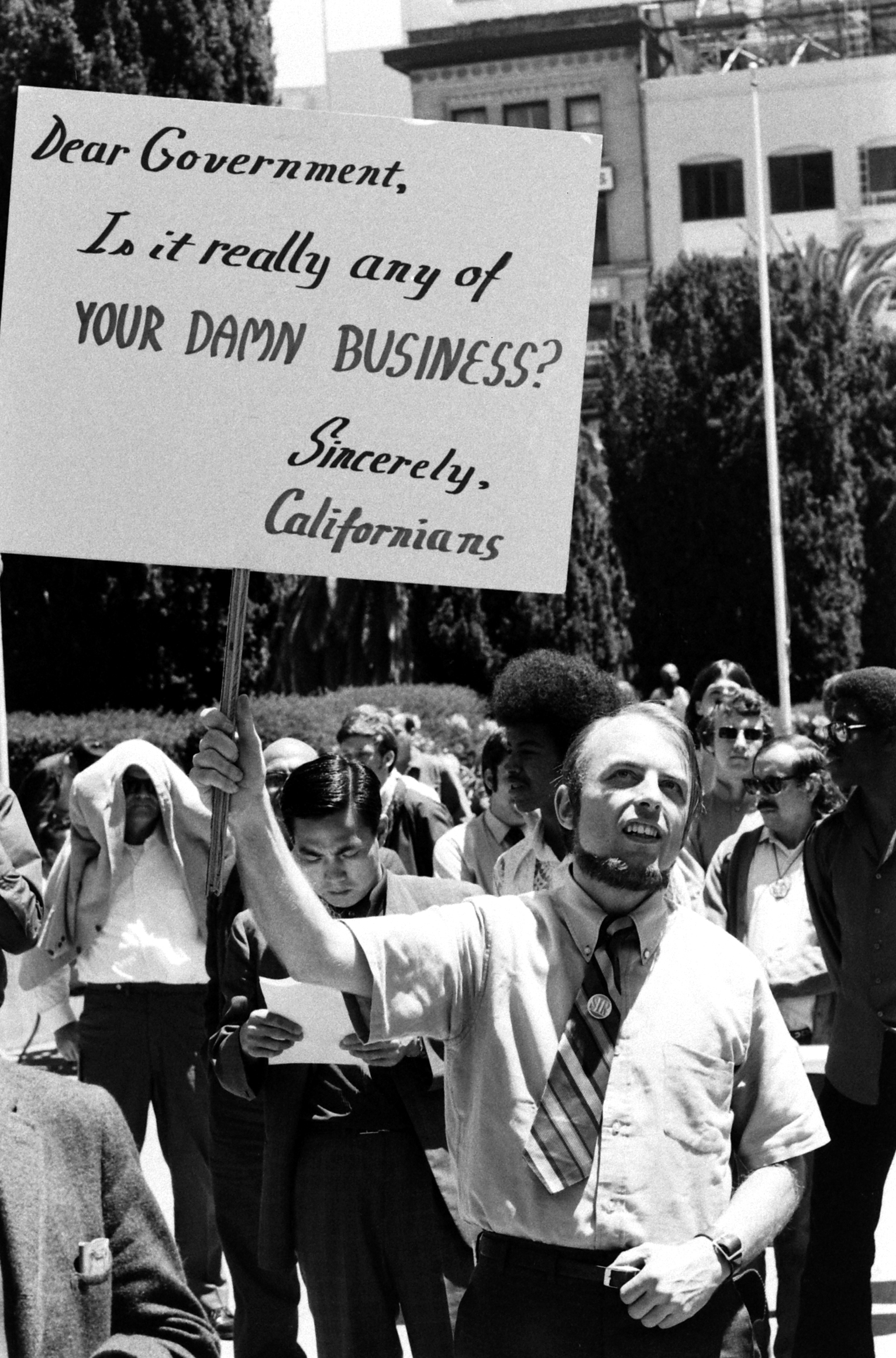
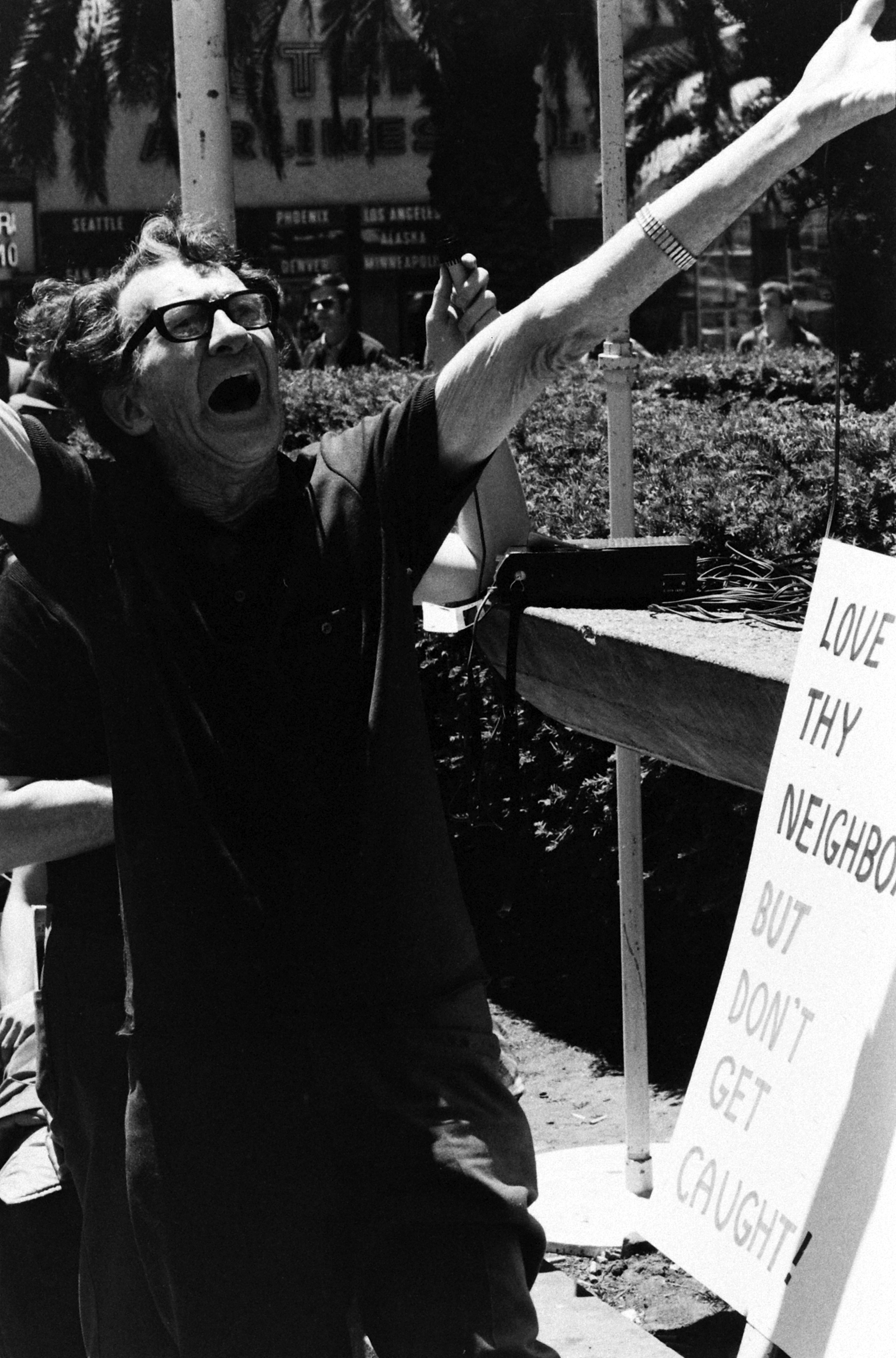
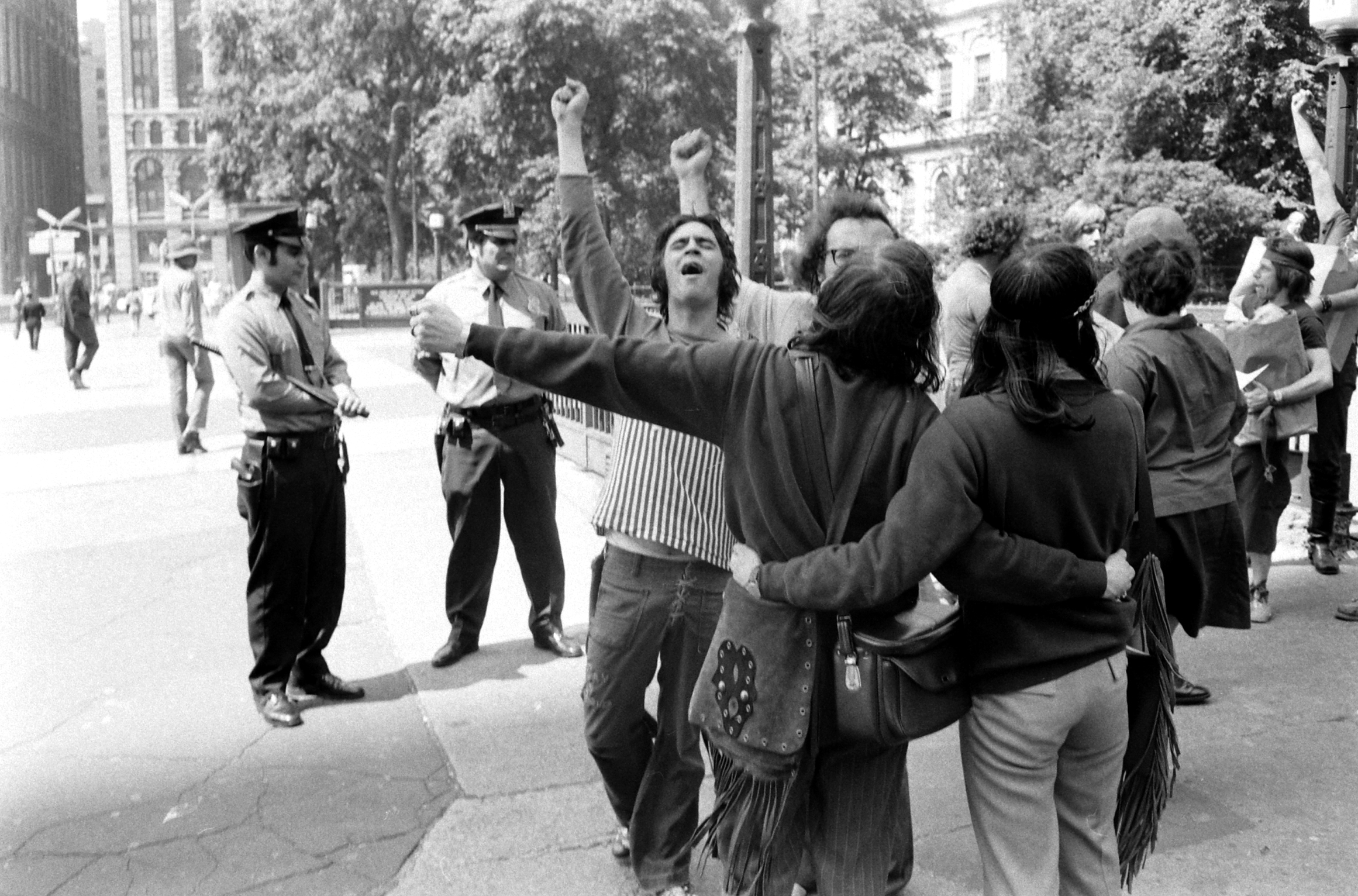
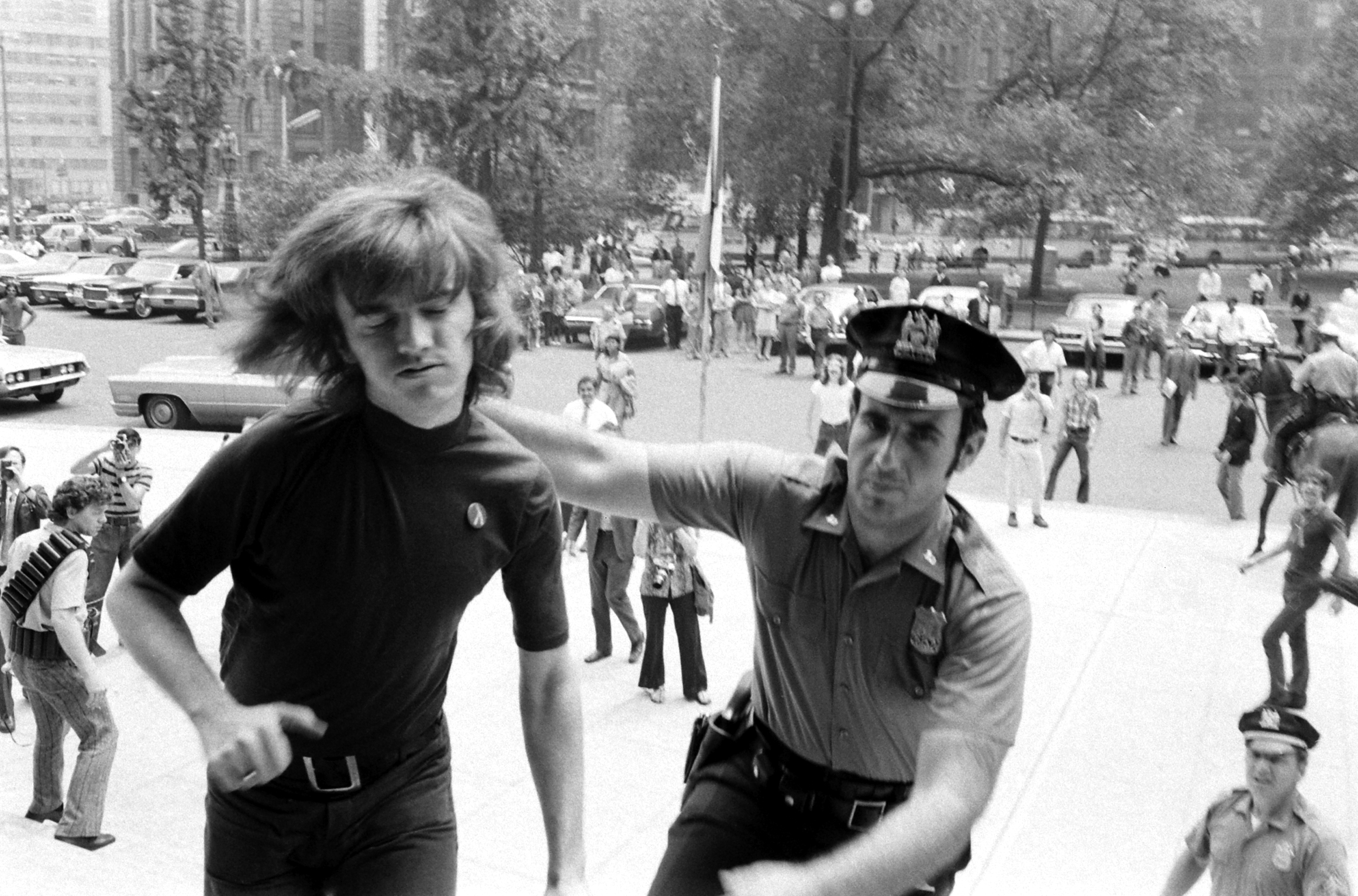
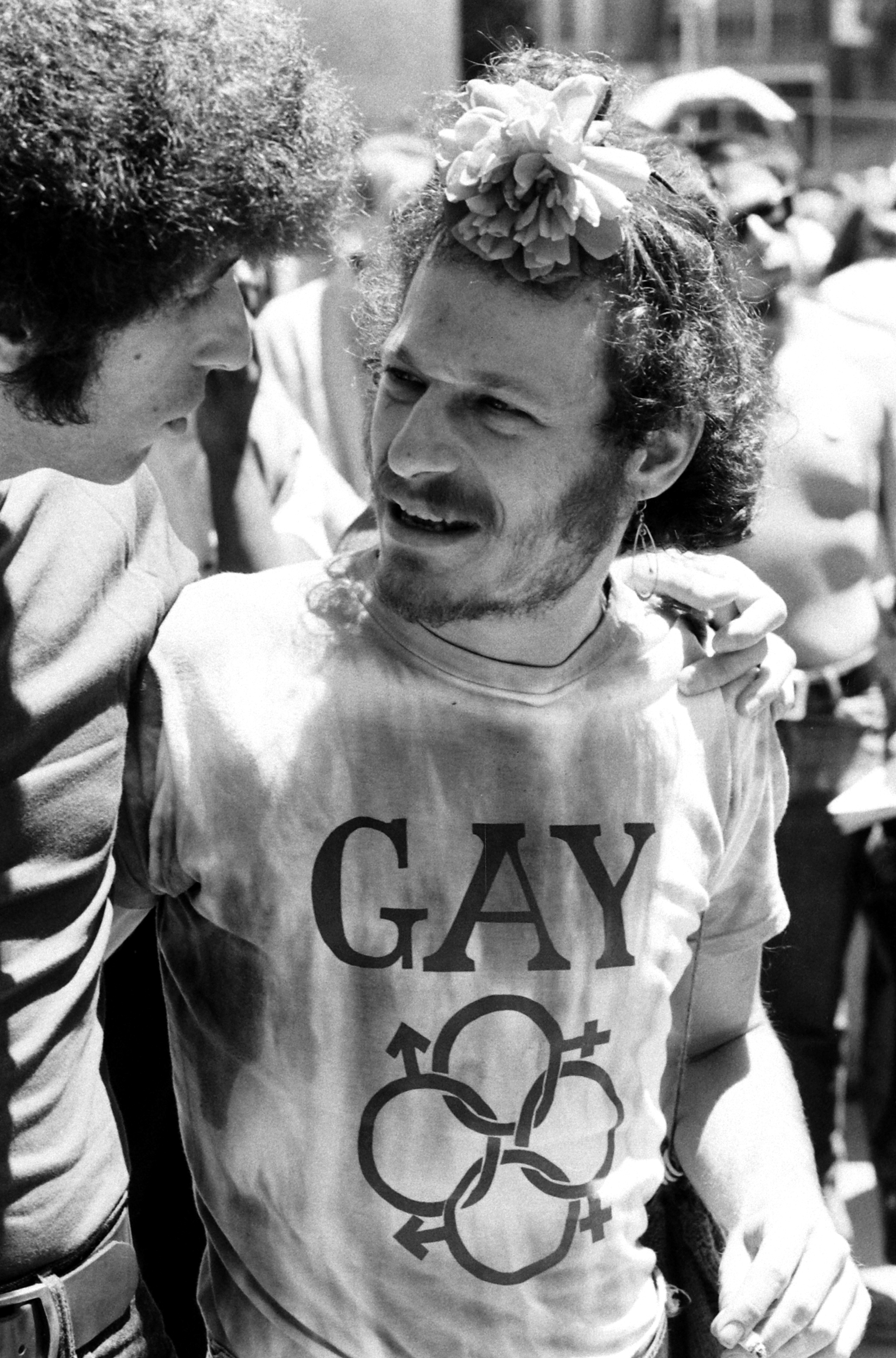
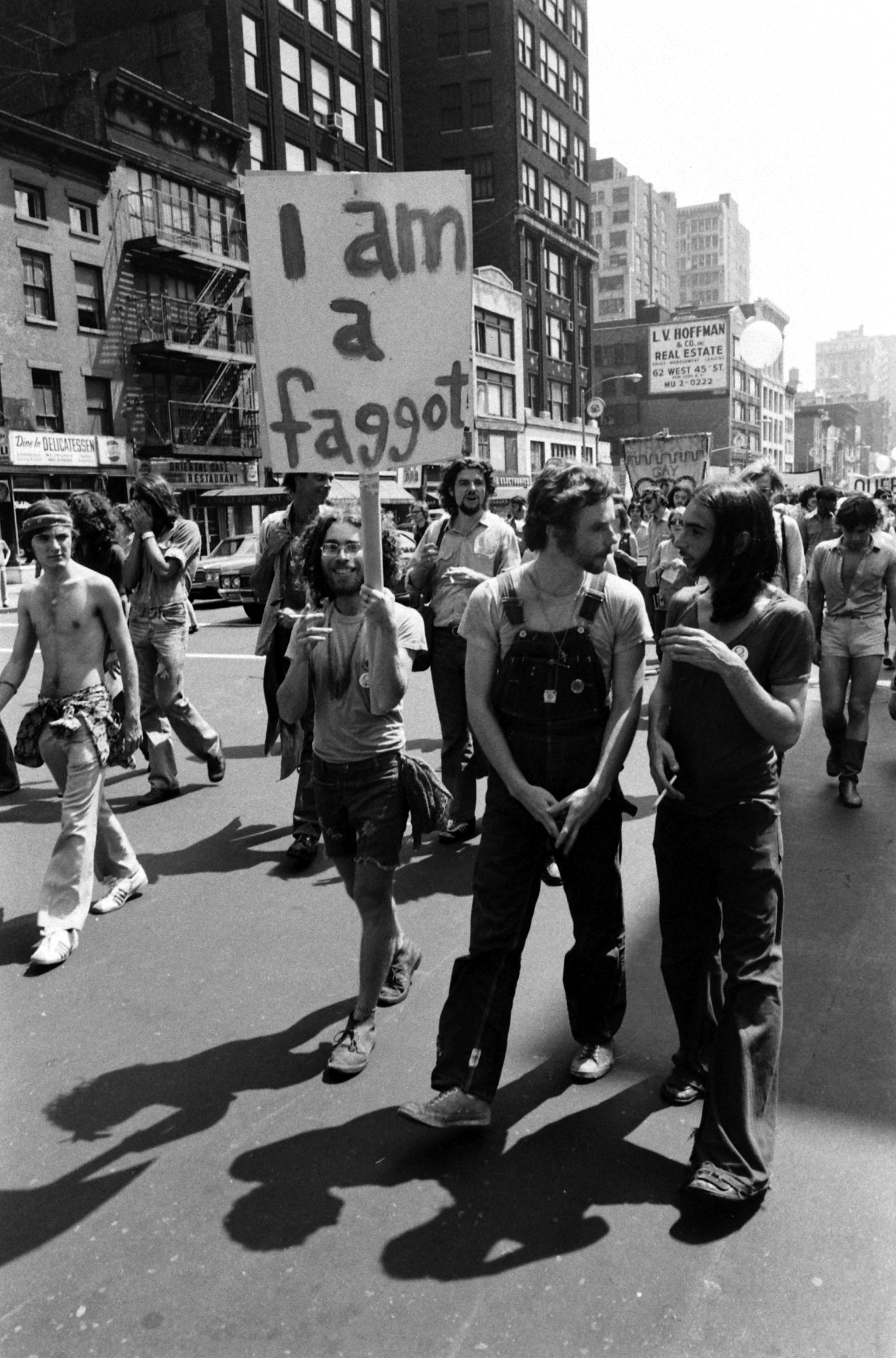
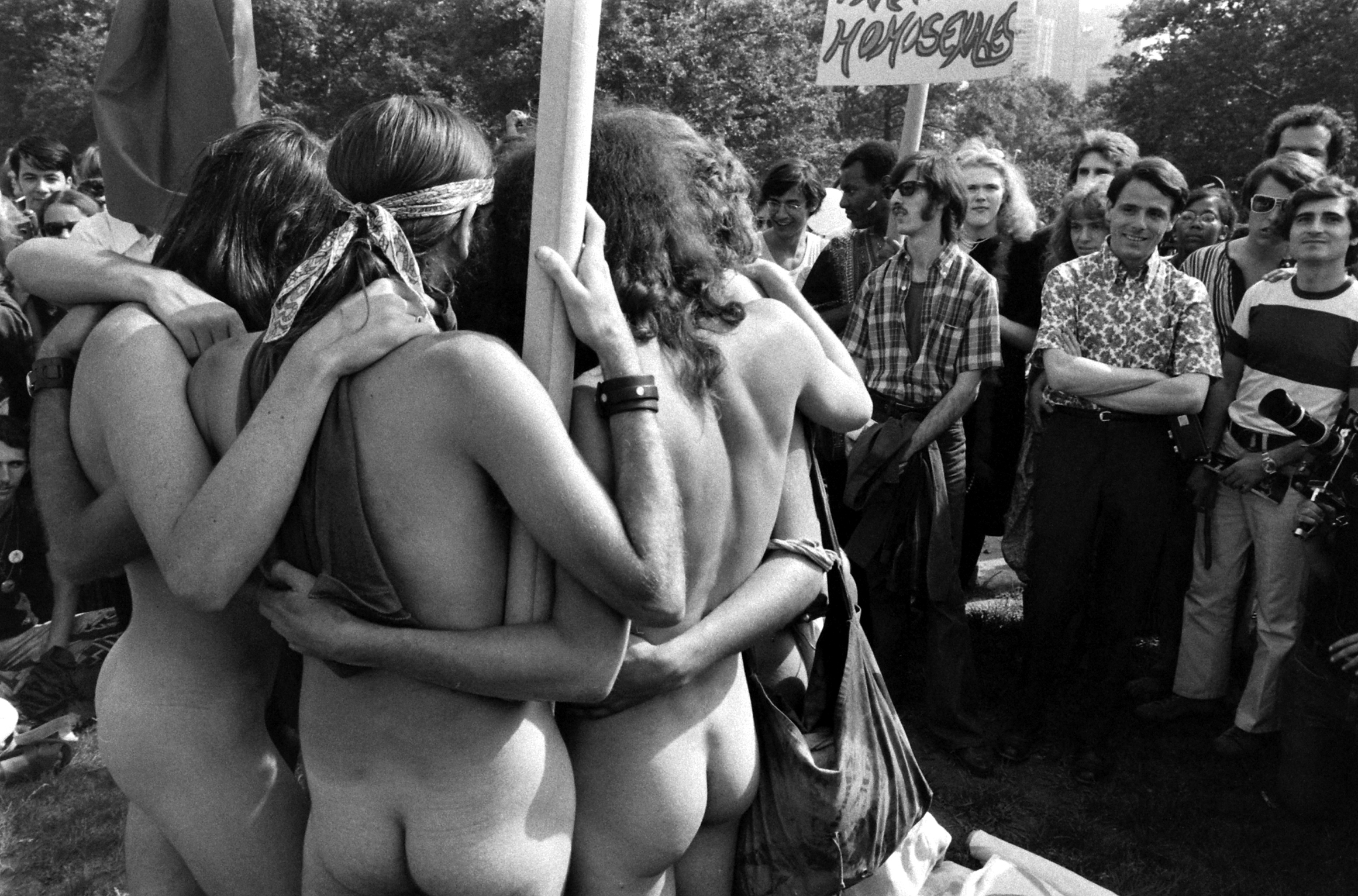
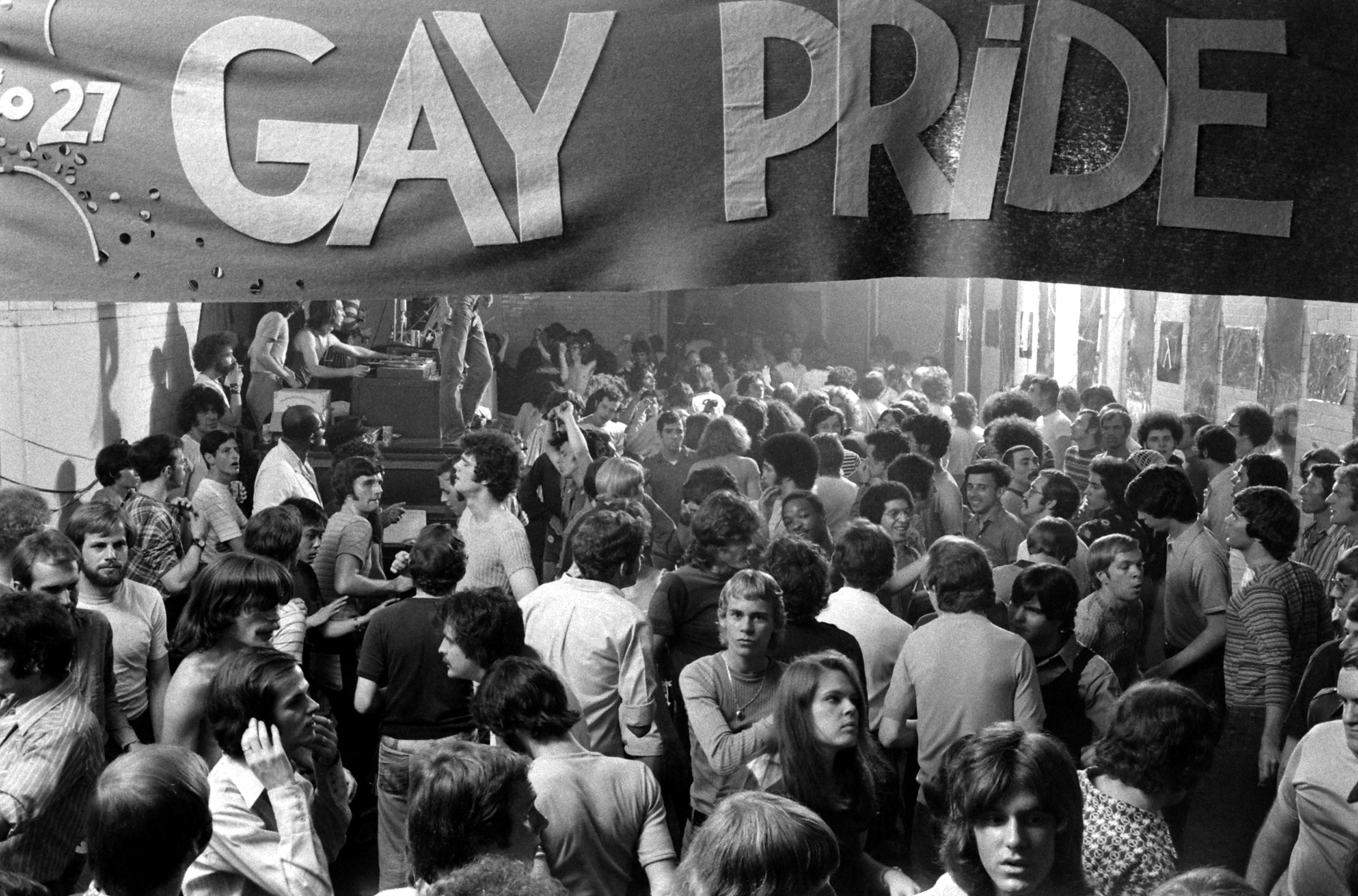
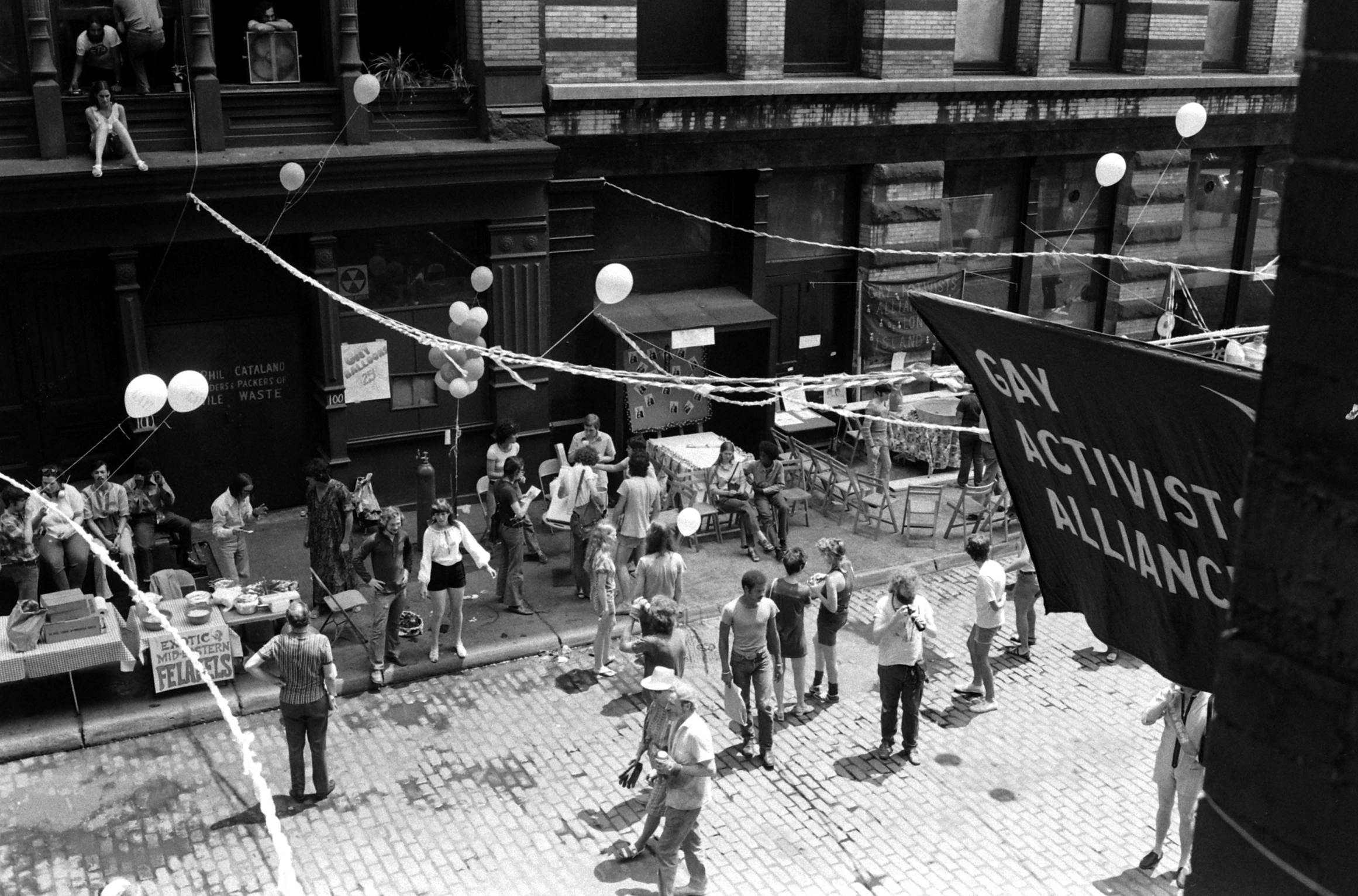
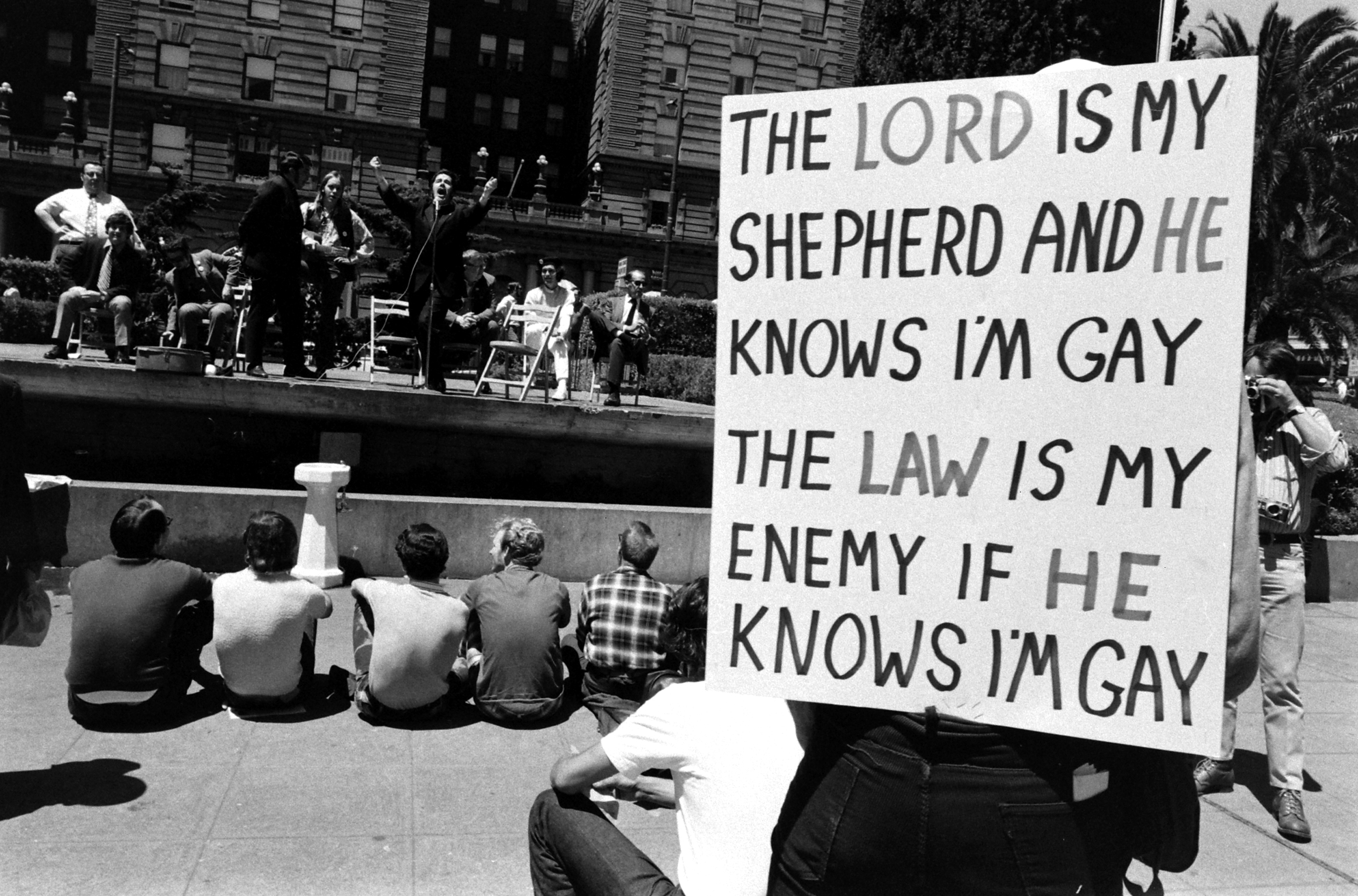
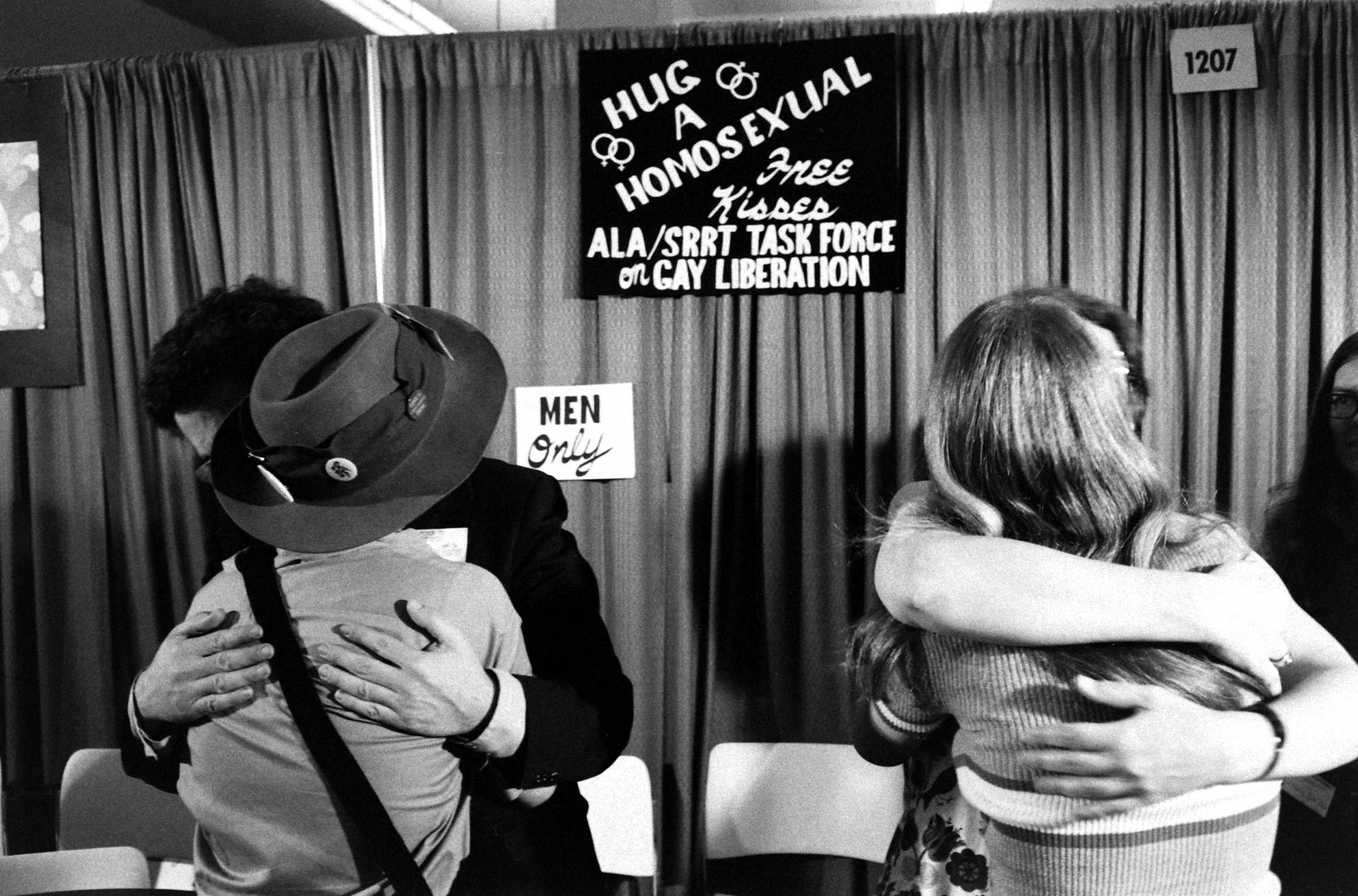
More Must-Reads From TIME
- The 100 Most Influential People of 2024
- The Revolution of Yulia Navalnaya
- 6 Compliments That Land Every Time
- What's the Deal With the Bitcoin Halving?
- If You're Dating Right Now , You're Brave: Column
- The AI That Could Heal a Divided Internet
- Fallout Is a Brilliant Model for the Future of Video Game Adaptations
- Want Weekly Recs on What to Watch, Read, and More? Sign Up for Worth Your Time
Contact us at letters@time.com